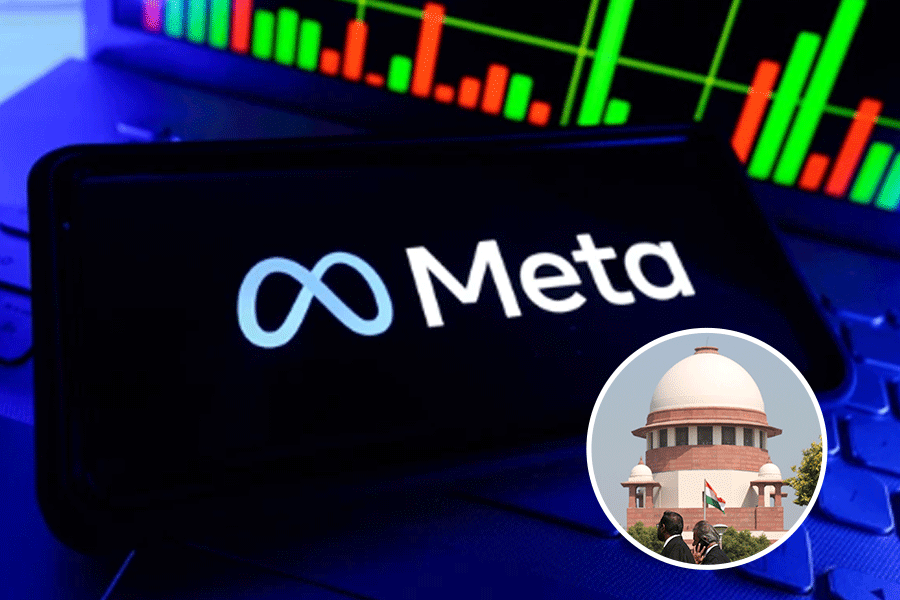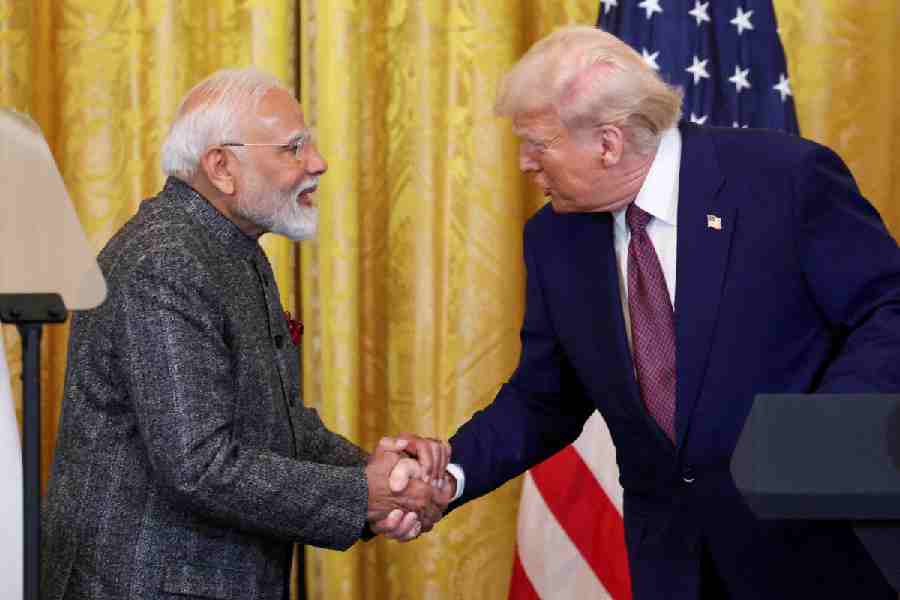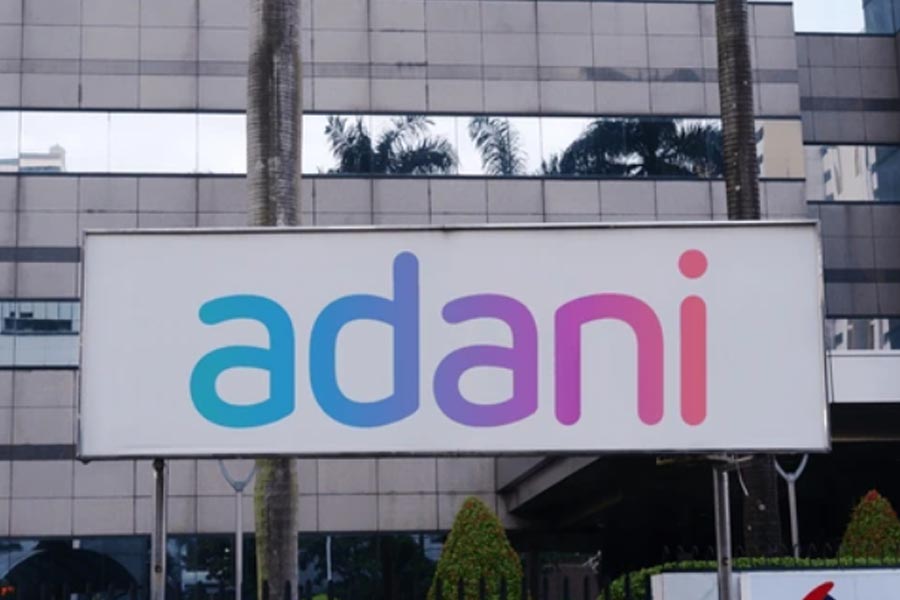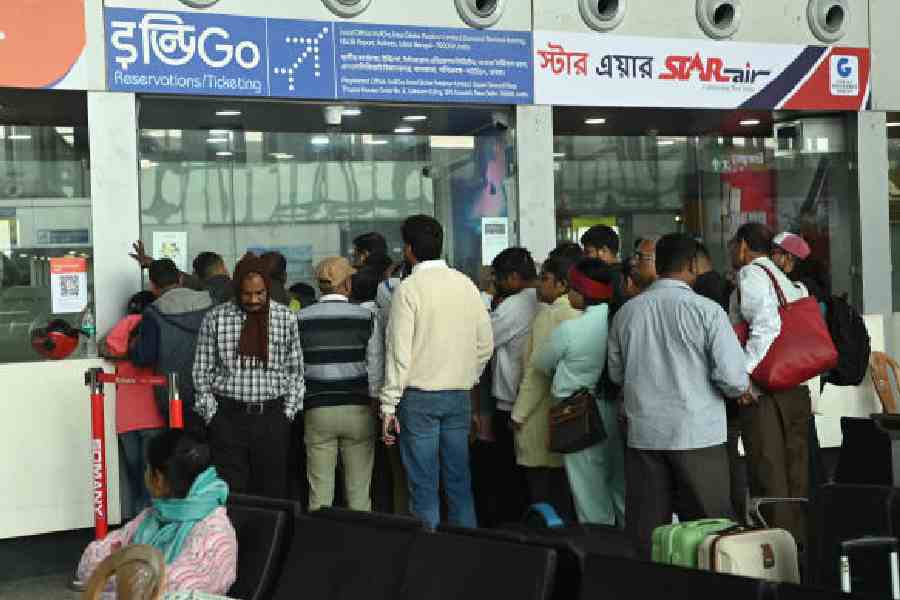Doctors at the Mumbai-based Tata Memorial Centre Hospital have shown that six-month therapy with the drug trastuzumab for early breast cancer is as good as the standard 12-month therapy in landmark findings that could at least halve the treatment cost.
The researchers at the Tata Memorial pooled and reanalysed the results of six clinical trials worldwide involving around 11,600 breast cancer patients to establish that the short duration, or six-month, therapy is not inferior to the standard one-year therapy.
Their analysis has shown that disease-free survival was 87.1 per cent among women who received trastuzumab for one year and 85.4 per cent among those who received it for six months or shorter. The overall survival was 93.4 per cent in the one-year group and 92.4 per cent in the six-month group.
“These tiny differences are not clinically meaningful,” said Sudeep Gupta, a senior oncologist at Tata Memorial and the director of the Advanced Centre for Treatment Research and Education in Cancer, Navi Mumbai, who led the study. “Our analysis has established that shorter three to six months’ trastuzumab therapy is sufficient,” he said.
For over 15 years, the 12-month trastuzumab therapy has been the standard treatment for a type of breast cancer called HER-2 positive. Doctors say the drug has improved cure rates but the 12-month treatment typically costs Rs 4 lakh for generic versions to Rs 8 lakh for the original brand.
The drug can also cause heart-related adverse complications in a small minority of patients. “Our findings imply that treatment costs could be lowered by at least 50 per cent or even 75 per cent with reduced cardio toxicity without any compromise in the cure rates,” said Rajendra Badwe, director of the Tata Memorial.
The research findings were published on Monday in JAMA Network Open, a research publication from the stable of the Journal of the American Medical Association.
Breast cancer is the most common cancer among women in India. Doctors estimate that between 150,000 to 200,000 women develop breast cancer across the country each year and around a quarter — 40,000 to 50,000 patients — have HER-2 breast cancer and thus qualify for trastuzumab treatment.
The standard 12-month trastuzumab therapy had emerged after studies nearly two decades ago had established improved cure rates among women who received the drug for 12 months compared with women who had not received the drug.
However, a study from Finland in 2006 had suggested that the benefits from nine weeks of trastuzumab therapy were similar to those from one-year therapy. Concerns about costs and the risks of cardio toxicity have prompted researchers in Europe to explore the short duration therapy.
Several clinical trials, mainly in Europe, have in recent years compared trastuzumab durations between three and six months with 12 months but, individually, none, except one in the UK, were able to show that shorter durations were adequate.
The Tata Memorial researchers pooled results from six such clinical trials and reanalysed patients’ data to generate statistically significant results that prove that three-month to six-month therapy is not inferior to the 12-month therapy.
The other team members at the Tata Memorial were Seema Gulia and Sadhana Kannan.










